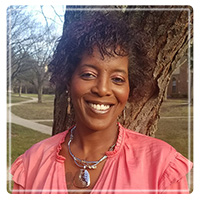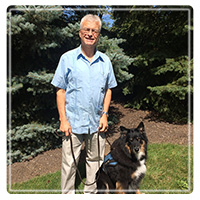
Addiction Counselor
Traci Cooke, Traci L. Cooke, MHS, MEd., LPCC
LICENSED PROFESSIONAL CLINICAL COUNSELOR
146 GRANVILLE STREET SUITE D, GAHANNA, Ohio 43230 | 614-805-0930
The decision to get help to control or moderate your use of alcohol or substances, or whether you’ve decided you want to be entirely abstinent, or whether you just want to explore the role that addiction might play in connection to an underlying depression, anxiety, stress, or self-esteem issue, you are being proactive in trying to find someone who can help you. Acknowledging that you need help is never easy, but it’s one of the best things you can do for yourself. Finding the right addiction therapist is just as important as making the decision to get help.

Addiction Counselor
Shelby Cook, LISW-S, LCSW-QS, CCTP
Psychotherapist
800 Cross Pointe Road, Suite 800D, Gahanna, Ohio 43230 | 6148356068
Addiction therapy, also called substance abuse counseling or addiction counseling, is a type of treatment that helps people addicted to drugs or behaviors to stop using them and learn how to control their addiction. Addiction is a complex and chronic disease that affects the brain and behavior, resulting in compulsive substance use or engagement in hazardous behaviors despite negative consequences. The primary objective of addiction therapy is to assist patients in attaining and maintaining abstinence and address the emotional, psychological, and social factors that contribute to addiction.

Addiction Counselor
George Schulz, Ph.D. - Integrative Care Ohio
Licensed Psychologist
4230 Tuller Rd. - Suite 201, Dublin, Ohio 43017 | (614) 787-4182
Addiction is the result of an individual attempting to change their emotional state - all addiction involves an individual attempting to self-medicate from an uncomfortable mental state whether that be boredom, lack of meaning, depression, anxiety, or something else. The choice of self medication may be alcohol or another substance, sexual behaviors, or something else. After the self-medication wears off the old mental state returns and the individual may be caught in a repetitive pattern of feeling shame or blame and being caught in an ongoing pattern of lapse and and relapse behaviors. Therapy involves identifying and eliminating triggers that result in lapse and relapse behaviors.
